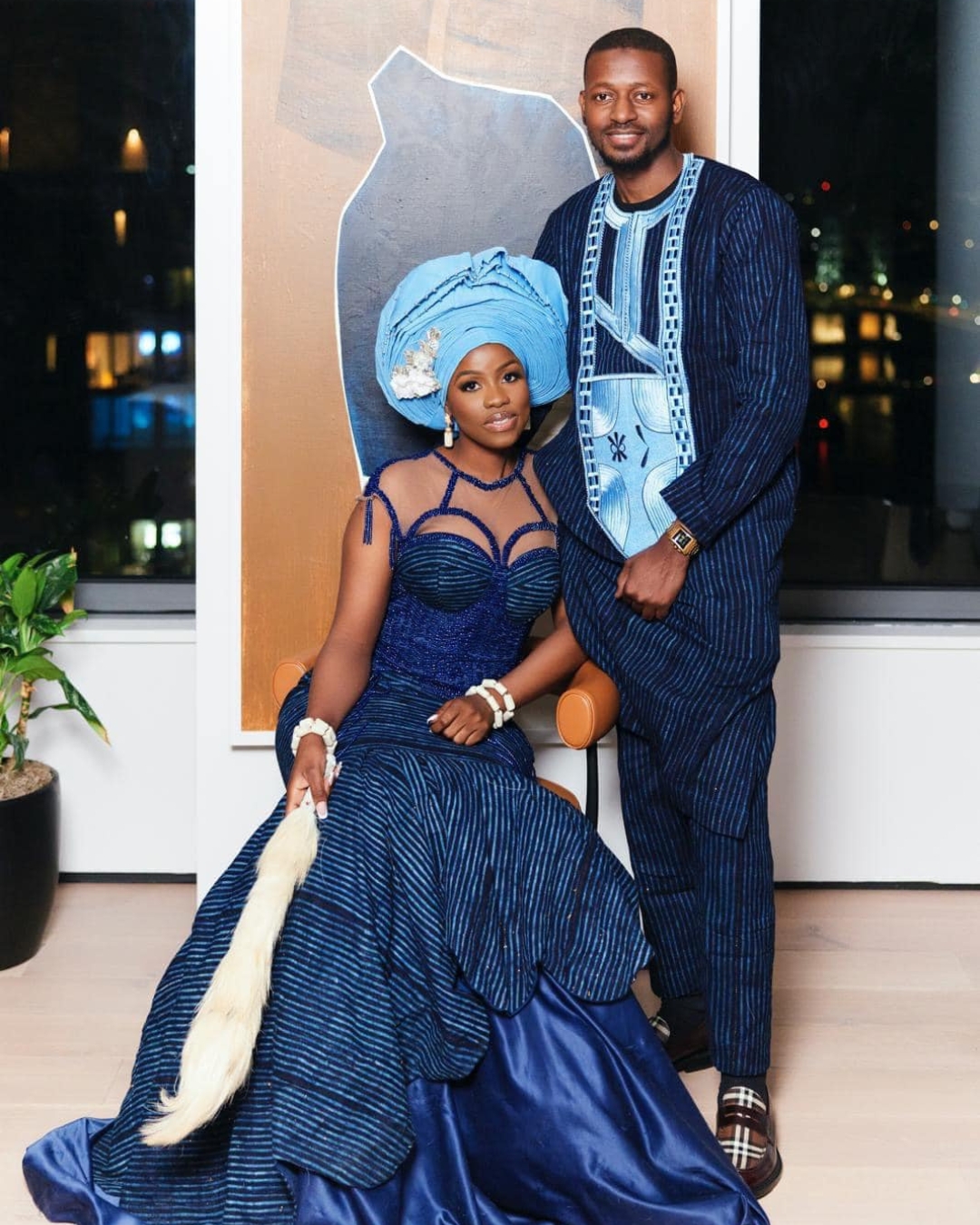An official label for Léppi: a traditional fabric from Guinea
The recent announcement of an official official label for leppi, the traditional Guinean fabric, represents a milestone for the country’snational textile industry. This movement is part of a global drive to promote local know-how, and could profoundly transform the African fashion landscape. Let’s take a closer look at this significant progress through the Africa Fashion Tour media.
What is Leppi?
Before discussing the importance of the new label, it’s essential to understand what leppi is. It’s a fabric traditionally hand-woven in Guinea, known for its colorful patterns and cultural significance. Each pattern and color tells a story or symbolizes a specific aspect of Guinean society. Leppi is not only an item of clothing, but also a strong vector of cultural identity.
The genesis of a label: between tradition and modernity
The léppi labeling process was initiated by various players in theindustryincluding designers, craftsmen and government institutions. The objective? To ensure that every piece of leppi sold under this label respects strict requirements quality and authenticity. This not only preserves cultural heritage, but also standardizes products for a wider global market.
- Quality requirements : guarantee the durability and authenticity of textiles.
- Promoting local employment: supporting artisans through initiatives that promote their work internationally.
- Protection against counterfeiting: securing traditional designs against imitation.
Africa Fashion Tour’s key role in promoting Leppi
Africa Fashion Tour, as an influential medium in the African fashion industry, plays a crucial role in spreading the word about the new leppi label. By highlighting the stories of artisans, exploring the different uses of leppi in haute couture, and raising awareness of the importance of choosing labeled products, Africa Fashion Tour is helping to build a bridge between conscious consumers and authentic African traditions.
Expected impact on the Guinean textile industry
The introduction of this label should mark a historic historic turning point for the local Guinean economy. Indeed, the officialization of such a label can have several positive impacts:
- Increased exports: a recognized label increases the confidence of international buyers.
- Promoting the Guinea brand: Reinforce Guinea’s image as a center for traditional, high-quality African fashion.
- Support for the local economy: craftsmen benefit directly from the new business opportunities generated.
Challenges encountered in implementing the label
Any initiative of this calibre faces obstacles. For the leppi label, these challenges include resistance to change in traditional methods, adapting to international standards without diluting the cultural essence, and the logistical management involved in certification. However, thanks to close collaboration between local stakeholders and international experts, these challenges are gradually being overcome.
Future developments envisaged within the framework of the Léppi label
With the solid foundation laid by this first label, many development prospects are opening up for leppi. From ideas for innovative uses of motifs in modern collections to the integration of traceability technologies to prove authenticity, the possibilities are vast for further energizing the national textile industry textile industry.
In conclusion, while avoiding drawing any formal conclusions, it remains clear that this new advancement of Léppi in the form of an official label encourages not only cultural preservation but also sustainable economic development. So, the future of the textile industry in Guinea looks promising, thanks to this harmonious fusion of tradition and innovation.
Read also


